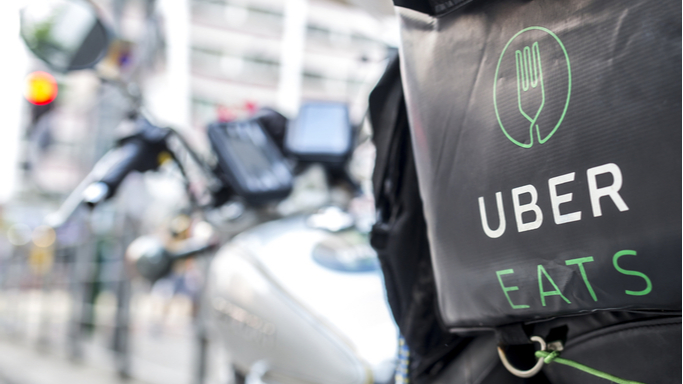On July 19th, 2022, the Federal Trade Commission (FTC) and National Labor Relations Board (NLRB) entered into a Memorandum of Understanding (MOU) to cooperate in protecting workers from “anticompetitive, unfair, and deceptive practices.”
The press release stated that the two agencies will collaborate “on key issues such as labor market concentration, one-sided contract terms, and labor developments in the “gig economy.””
“I’m committed to using all the tools at our disposal to ensure that workers are protected from unfair methods of competition and unfair or deceptive practices,” said FTC Chair Lina M. Khan. “This agreement will help deepen our partnership with NLRB and advance our shared mission to ensure that unlawful business practices aren’t depriving workers of the pay, benefits, conditions, and dignity that they deserve.”
“Workers in this country have the right under federal law to act collectively to improve their working conditions. When businesses interfere with those rights, either through unfair labor practices, or anti-competitive conduct, it hurts our entire nation,” added NLRB General Counsel Jennifer A. Abruzzo. “This MOU is critical to advancing a whole of government approach to combating unlawful conduct that harms workers.”
The MOU comes at an interesting time.
Hundreds of truck drivers in the Port of Oakland protested California’s Assembly Bill 5 (AB5) after their legal challenge to the labor regulation law failed. AB5 reclassifies independent contractors—from truckers to performers—as employees. This is a boon for unions, but a bust for independent workers because reclassification drives up costs for businesses and effectively eliminates independent contract work. Many occupations were affected under AB5 and some were exempted, but not all.
Many truckers are independent small businesses choosing not to be employees. They have a message to Governor Gavin Newsom: “The cargo won’t flow until AB5 goes.”
In contrast, a lawsuit against ride sharing companies Uber and Lyft was filed citing alleged antitrust violations like price fixes. The plaintiffs cite their independent contractor status, as well:
The lawsuit, filed in San Francisco Superior Court, alleges that Uber and Lyft fix ride prices using algorithms that are disclosed to neither the drivers nor customers. While the companies consider the drivers independent contractors, the drivers have no control over ride prices, which is harmful for competition and hurts both drivers and consumers, the three plaintiffs say in a lawsuit that seeks class-action status for the Uber and Lyft drivers in the state who have opted out of arbitration.
With the Protecting the Right to Organize (PRO) Act stalled in Congress and David Weil failing to get confirmed to his old Department of Labor gig, the Biden administration is finding alternative ways to regulate worker status beyond the legislative branch.
As I noted here in January, Pew Research Center’s “The State of the Gig Worker in 2021” study found gig workers—including rideshare drivers—overwhelmingly self-identify as independent contractors by a 65% to 28% margin.
These flexible work arrangements are very popular—even in the state of California. The Biden administration should tread carefully here before upending labor law on antitrust grounds.

